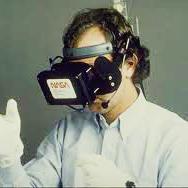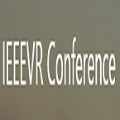In recent years, Virtual Reality (VR) has found its way into different fields besides pure entertainment. One of the topics that can benefit from the immersive experience of VR is education. Furthermore, using game-based approaches in education can increase user motivation and engagement. Accordingly, in this paper, we designed and developed an immersive escape room game in VR to teach building energy simulation topics. In the game, players must solve puzzles like, for instance, assembling walls using different materials. We use a player guidance system that combines educational content, puzzles, and different types of hints to educate the players about parameters that influence energy efficiency, structural resistance, and costs. To improve user onboarding, we implemented a tutorial level to teach players general interactions and locomotion. To assess the user experience, we evaluate both the tutorial and the game with an expert study with gaming and VR experts (n=11). The participants were asked to play both the tutorial level and the escape room level and complete two sets of post-questionnaires, one after the tutorial and one after the puzzle level. The one after the tutorial level consisted of NASA-TLX and SUS questionnaires, while after the escape room level we asked users to complete the NASA-TLX, UESSF, and PXI questionnaires. The results indicate that the onboarding level successfully provided good usability while maintaining a low task load. On the other hand, the escape room level can provide an engaging, visually appealing, and usable learning environment by arousing players' curiosity through the gameplay. This environment can be extended in future development stages with different educational contents from various fields.
翻译:暂无翻译




